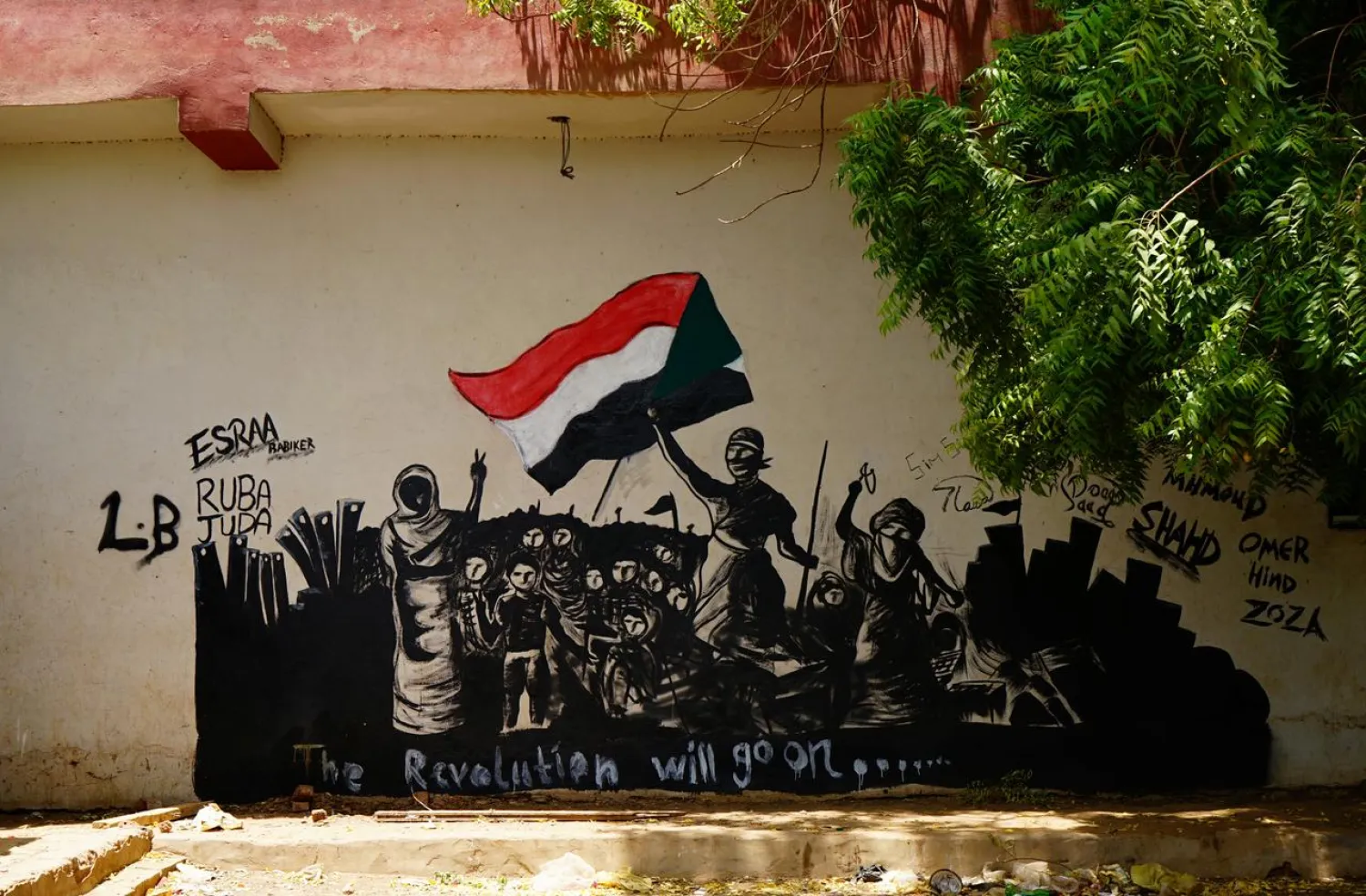Washington reaffirmed its support for peace efforts exerted by the African Union special envoy to Sudan Mohamed al-Hassan Lebatt and Ethiopia’s envoy to Sudan Mohammad Dirdiry.
The United States has offered its expertise to the African mediators to help find a solution for the crisis in Sudan, a State Department spokesperson told Asharq Al-Awsat. It also encouraged finding a political solution which reflects the will of the Sudanese people.
These affirmations followed a secret meeting summoned by Germany two days ago, which included along with the traditional Troika countries (the United States, Britain and Norway), representatives from Saudi Arabia, Qatar, Egypt, the African Union and the European Union.
Germany, however, did not invite any Sudanese representatives to the talks, saying it was an informal “meeting”.
The State Department spokesperson, speaking on condition of anonymity, said Washington supported the AU’s June 6 statement in which it took the decision to suspend Sudan's membership in the body. He said it sent a strong message on the need “to coordinate with partners in the international community.”
He added that Washington saluted “the Sudanese people, who have kept their mobilization peaceful in an effort to create an environment in which dialogue can thrive.”
He also stressed that the ruling military council must “end all hostilities against civilians, withdraw forces from the capital, Khartoum, allow an independent investigation into the latest counts of violence, and restore Internet services.”
Reiterating that the people of Sudan “deserve a civilian government that suits all groups,” the source stressed that “the US remains committed to working with the Sudanese people, together with international partners, in the search for a peaceful solution in Sudan.”
In parallel, Ambassador Jean-Michel Dumond, head of the EU Delegation to Sudan, had recently highlighted international backing to the AU and Ethiopian efforts to mediate peace in Sudan.
He made his remarks after holding talks in Khartoum with military council chief Abdel Fattah al-Burhan on Thursday.









